Standards, Trust, Expectations, Follow-Through—Confidence
Fear, uncertainty, and the unknown currently plague global travel and mobility managers. COVID-19 has brought the travel industry to a grinding halt. While virtual conferences and Zoom meetings help alleviate some of the pressure weighing on business travel; three months without client dinner meetings, social distancing, grounded flights, and closed hotels have created virtual fatigue, which underscores the relevance, validity, and need for face-to-face human interaction in the business and sales process.
As providers and operators scramble to calm global travel anxiety with electrostatic wands, PPE protocols, elevated sanitization standards, and cleanliness check-lists, many business travel buyers believe a more fundamental shift is afoot. A shift that hinges on restoring business traveler confidence.
So, what is it going to take to get luggage tucked safely under the seat, passports stamped, and global business moving again?
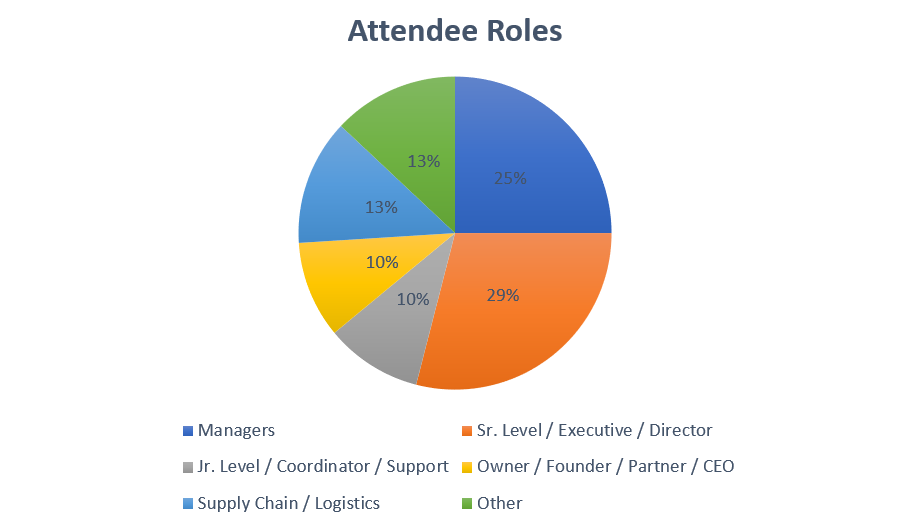
To answer this question, Synergy Global Housing (Synergy), in partnership Nina & Pinta Consulting (N&P), hosted over 100 corporate travel decision-makers from across multiple industry segments and functions for a panel discussion focused on the challenge of restoring business traveler confidence in the midst of COVID-19.
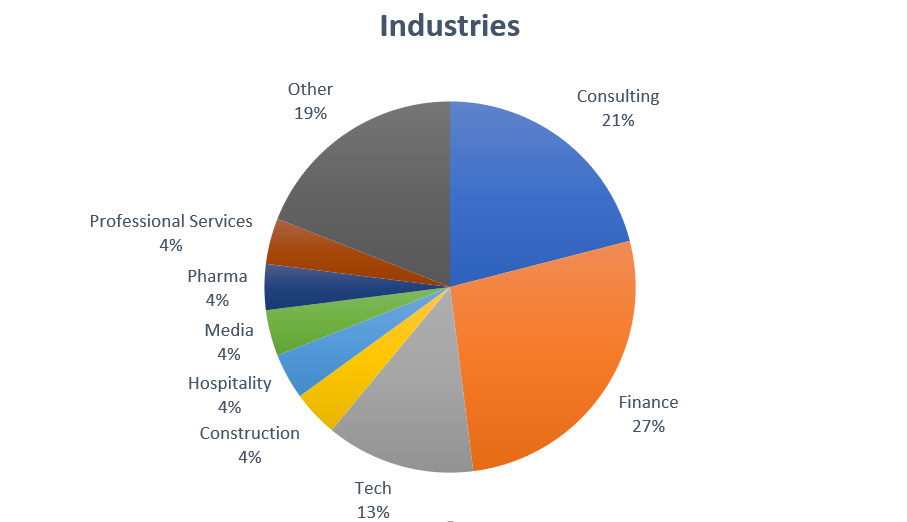
Chris Crowley, a Senior Partner of N&P, moderated the powerhouse panel of four global consulting and financial services decision-makers. What followed was a wide-ranging conversation that ultimately noted three key areas of concern in relation to a return to travel.
Three Areas of Concern:
- Traveler confidence,
- Travel authorization processes
- Assurance of supply.
But with all challenges come opportunities. Let’s take a look at each area of concern and breakdown the solutions best positioned to answer the needs and restore business traveler confidence.
1 Travel Confidence
Getting people back and working in offices will be the first step to rebuilding normality and therefore confidence.
All panelists agreed and noted the undeniable, and albeit somewhat obvious, link between returning to the office and business traveler confidence. The success of this critical step stands to be the largest predictor of business traveler confidence.
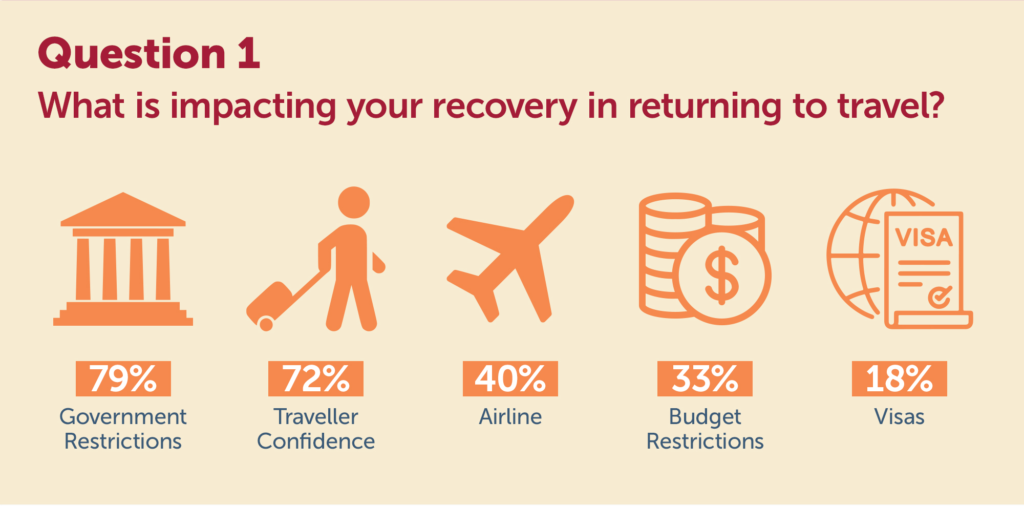
Panelists anticipate a 10-20 percent return to the office within the coming quarter. Needless to say, this sentiment is closely correlated to business travel planning and traveler behavior (beyond the concerns surrounding changing regulation variables across different markets affecting the type and frequency of business travel).
At the same time constant communication with travelers pre, during, and post-trip is essential to rebuilding traveler confidence. The communication must support destination-specific information and address government restrictions for traveler and business leaders.

“Continuous communication with travelers and suppliers is a vital part of rebuilding confidence in our travel programs and driving mobility across our business,” said Otis Banks.
The Takeaway
Providers and operators with global capabilities and strong financials, such as Synergy, stand the most to gain in this “wait and see,” travel and regulatory environment. The ability to maintain and control standards (and thereby expectations) while quickly updating systems and protocols across a global network of product offerings and supplier partners provide business clients the reassurance their travelers will be met with the highest and strictest standards of care. Furthermore, it gives business clients the ability to set expectations with their internal teams.
2 Travel Authorization Processes
Capable Partners Can Help Answer Quarantine & Regulation Challenges
Panelists noted the massive amount of variable regulation and differing quarantine restrictions across different global travel markets are further complicating the return to business travel. Furthermore, regulations and restrictions across industry segments are constantly evolving to keep pace with each destination’s infection rate, obscuring the situation even more.
Remaining ahead of these changes requires a proactive, nimble communication system to allow for increased “on trip” communication throughout the travel experience. This system must have integration capabilities to ensure important messages across providers aren’t overlooked, confusing, or conflicting. A lack of cohesion or proper notice might cause delays in travel and, eventually may lead to a disruption of business services and productivity.
Internally, business travel and mobility managers must clearly communicate what constitutes “essential travel” and where quarantine restrictions might be in place.
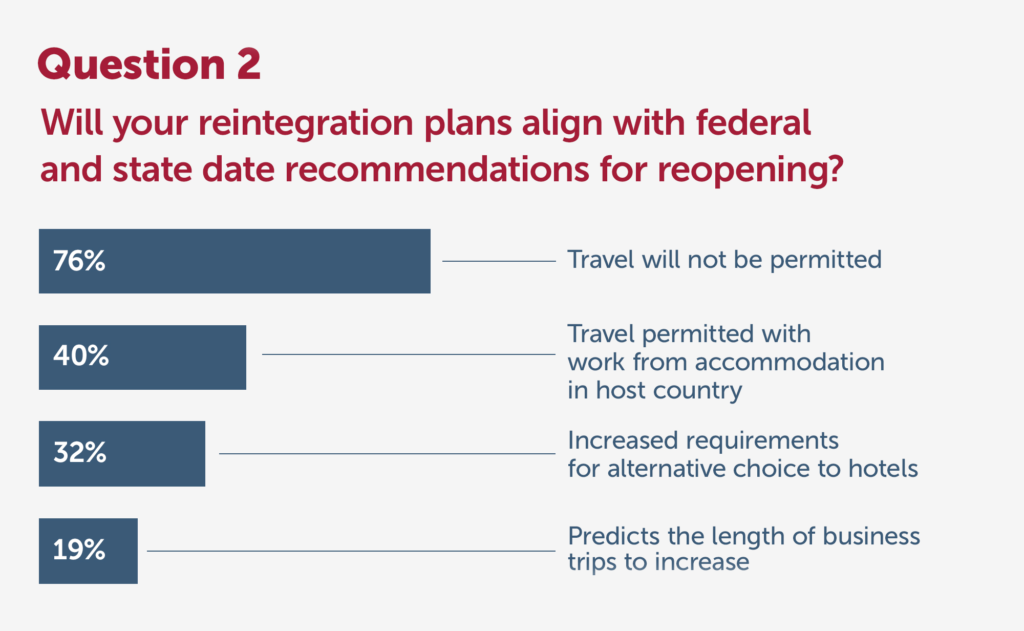
Various internal departments and divisional functions that “must” travel should be evaluated with respect to the following areas of concern and opportunity.
- key routes and office locations
- possible supplier negotiations and
- policy realignment

“It’s only by understanding the true end to end of the business trip that we can ensure our traveler’s safety and comfort—this includes evaluating key office pairs including the working environment as a key component in the supply chain,” said Alison Rogan.
The Takeaway
Service providers and operators must maintain a holistic view of the flow of business. A true consultative partner provider maintains the ability to facilitate the flow of information with a proactive, advisory posture regardless of their position within the system. Understanding needs, quickly adapting systems to potential challenges, and providing agile innovative solutions builds an expertise laden mentality that transcends across the entire scope of the business traveler’s journey. This expertise leads to confidence in expectations, which further fosters confidence with business travel and mobility professionals.
3 Assurance of Supply
Serviced Accommodation Providers Have an Increased Role to Play
Along with communication, control was a major theme that emerged from the data and panelist discussion. Panelists acknowledged that a restriction on public spaces in hotels and the possible need for increased lengths of stay (to allow for quarantine and restriction) could bring serviced accommodation more into focus as business travel returns.

“There is a potential opportunity for corporate housing to increase their market share within the transient hotel programs as business travel returns – we will have to evaluate the speed of that return on a continuous basis and in close collaboration with our supply partners,” said Rohini Shah.
Supporting the needs of the traveler will require a closer understanding of available accommodations in different markets. Moreover, concerns were expressed over the reliability and standards of various elements of the supply chain, a fact that speaks to the direct need for industry standards.
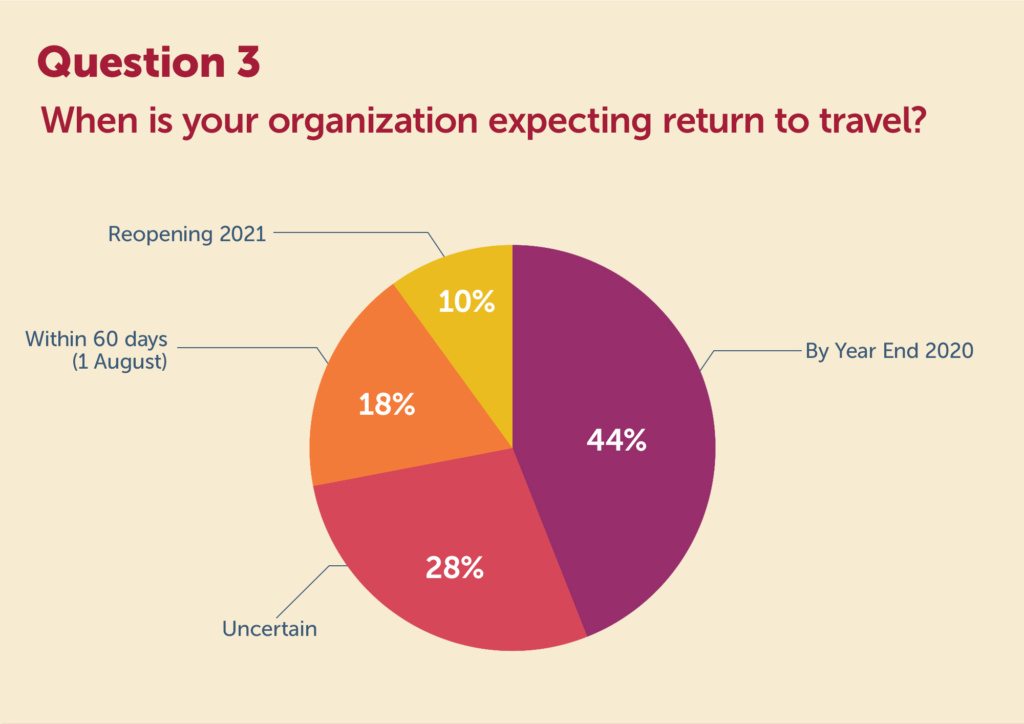
Standards lead to Trust. Trust helps set Expectations. When Trust and Expectations are met with Follow-Through, Confidence follows.
The takeaway
Strong core offerings along with a reliable, properly vetted, vast supplier network coupled with local representation within the market is a clear differentiator moving forward. Market share will be available as business clients seek better control over the end-to-end experience of their traveling employees.
As noted in a recent Business Traveller Magazine—Europe piece, providers and operators must do more than speak to their standards. They must be able to track, record, and measure supplier compliance in order to provide the necessary visibility to business clients. Again, similar to Synergy’s nine-point health and safety initiative, SynergyCares, it’s about setting clear expectations via standards, which will then lead to reestablishing traveler confidence.
Concluding Thoughts
While many variables are still at play in a return to global business travel, it is clear serviced accommodation stand to play a major role in restoring business traveler confidence in the post-COVID-19 landscape. There is no other service or operator element within the established business travel framework that stands to benefit as profoundly as serviced accommodations due to the control factor inherent within the product offering.
The control, space, and flexibility, not to mention the reliability fundamental within serviced accommodation, actually underscore the necessity to use the product. Hotels and other communal living arrangements leave guests vulnerable and present to numerous health and safety risks, the fundamental problem serviced accommodations solve.
As noted by James Foice, CEO of the non-profit, Association of Serviced Accommodation Providers (ASAP)

“…this is a global challenge, one where industry bodies must come together and communicate standards. Standards are the only way to instill confidence.”
The network of serviced accommodation providers is dense yet decentralized. Furthermore, each provider relies on one another to cover region-specific needs. That said, the industry is ripe for the shift afoot. One could say, the industry has been waiting for a moment to highlight the need for standardization coupled with the incentive of increased market share to hasten the movement.
COVID-19, as horrible as it is, is the tectonic shift and moment the serviced accommodation industry needs to prove its case and value. What’s left to be seen is whether or not there is enough gravity to pull the water over the dam and deliver the standards needed to meet the expectations arising from the increasing need.
How Synergy Solves for it All
1 Travel Confidence
Synergy operates via a tri-regional service delivery (e.g., operational centers in USA, EMEA & APAC) management structure. Each location is supported by local, native experts, who ground Synergy’s global solutions to a connected, informed, and credible information source. This presence drives information from the bottom up, proactively offering clients, partners, and guests a realistic and accurate view of supply constraints and availability (as well as local regulations in relations to COVID-19), which in turn drives informed decision making and confidence in the viability of Synergy’s housing solutions. A factor which stands at the center of our ability to provide proactive end-to-end information
2 Travel Authorization Processes
Synergy leverages a partner-centric philosophy in achieving business success. For over two decades, we have approached our delivery of service as a part of the bigger picture. We take the humble stance of knowing our products and services only work in coordination with the evolving needs of our client base, a base of numerous industries, and varying size. Working with, instead of for, fosters a desire to be proactive in providing guidance and solutions. Whereas a need to serve only begins to address problems after the problem is present. The latter is a reactive stance and leaves the client seeking a solution and effectively managing both fronts of the problem (i.e., internal stakeholder needs crashing against external restrictions).
Synergy takes the pressure off the external side of the equation to allow for more focus on meeting internal stakeholder concerns and requirements.
3 Assurance of Supply
In combination with core offerings and strong backing from our parent company, The Ascott Limited, Synergy’s comprehensive and robust multi-model service delivery mechanism provides one of the most complete hospitality ecosystems available today. Again, organized by an inclusive partnership ethos, Synergy grows via the needs of our client base, leveraging the needs of one to the benefit of the whole. When a client selects Synergy as their service accommodations provider, they are effectively joining an ever-increasing network of inventory and pricing power with like needs and aspirations. A network committed to standards driven by the health and safety of the whole.
It is through this network Synergy can control and communicate standards and manage up to our client’s needs.
